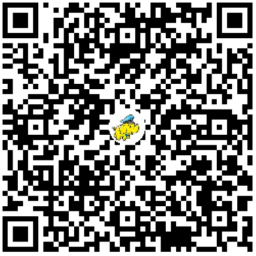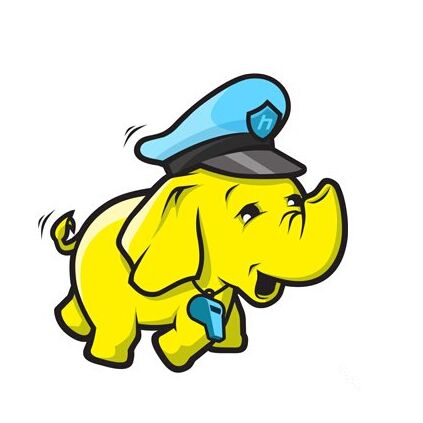Go基础编程实践——字符串
修剪空格
strings包中的TrimSpace函数用于去掉字符串首尾的空格。
package main
import (
"fmt"
"strings"
)
func main() {
helloWorld := "\t Hello, World "
trimHello := strings.TrimSpace(helloWorld)
fmt.Printf("%d %s\n", len(helloWorld), helloWorld)
fmt.Printf("%d %s\n", len(trimHello), trimHello)
// 15 Hello, World
// 12 Hello, World
}提取子串
Go字符串的底层是read-only的[]byte,所以对切片的任何操作都可以应用到字符串。
package main
import "fmt"
func main() {
helloWorld := "Hello, World and Water"
cutHello := helloWorld[:12]
fmt.Println(cutHello)
// Hello, World
}替换子串
strings包的Replace函数可以对字符串中的子串进行替换。
package main
import (
"fmt"
"strings"
)
func main() {
helloWorld := "Hello, World. I'm still fine."
replaceHello := strings.Replace(helloWorld, "fine", "OK", 1)
fmt.Println(replaceHello)
// Hello, World. I'm still OK.
}
// 注:Replace函数的最后一个参数表示替换子串的个数,为负则全部替换。转义字符
字符串中需要出现的特殊字符要用转义字符\转义先,例如\t需要写成\\t。
package main
import "fmt"
func main() {
helloWorld := "Hello, \t World."
escapeHello := "hello, \\t World."
fmt.Println(helloWorld)
fmt.Println(escapeHello)
// Hello, World.
// Hello, \t World.
}大写字符
strings包的Title函数用于将每个单词的首字母大写,ToUpper函数则将单词的每个字母都大写。
package main
import (
"fmt"
"strings"
)
func main() {
helloWorld := "hello, world. i'm still fine."
titleHello :=strings.Title(helloWorld)
upperHello := strings.ToUpper(helloWorld)
fmt.Println(titleHello)
fmt.Println(upperHello)
// Hello, World. I'M Still Fine.
// HELLO, WORLD. I'M STILL FINE.
}
更多精彩








